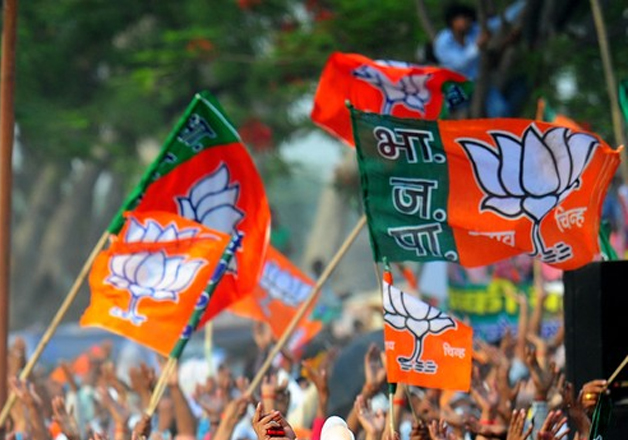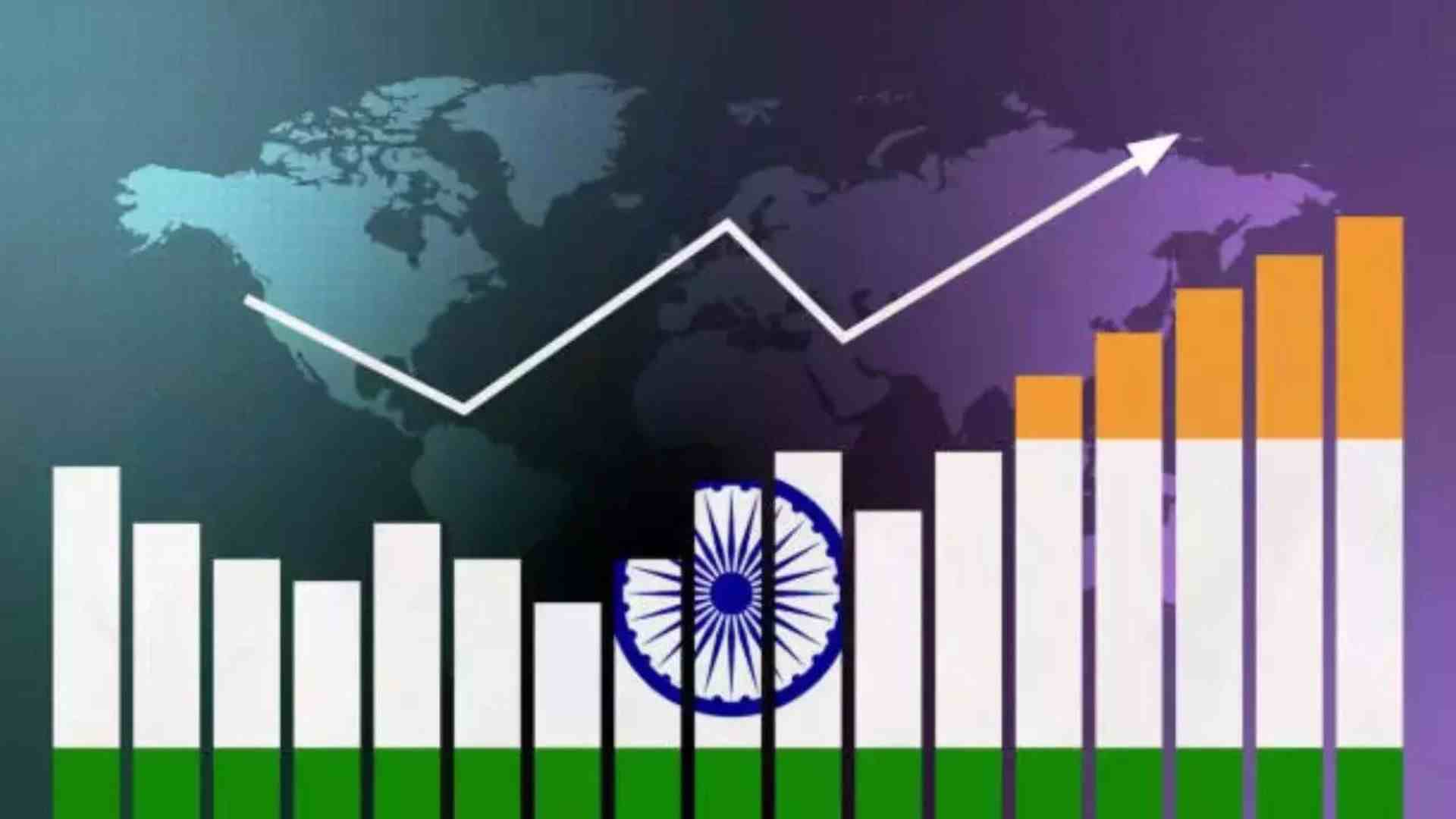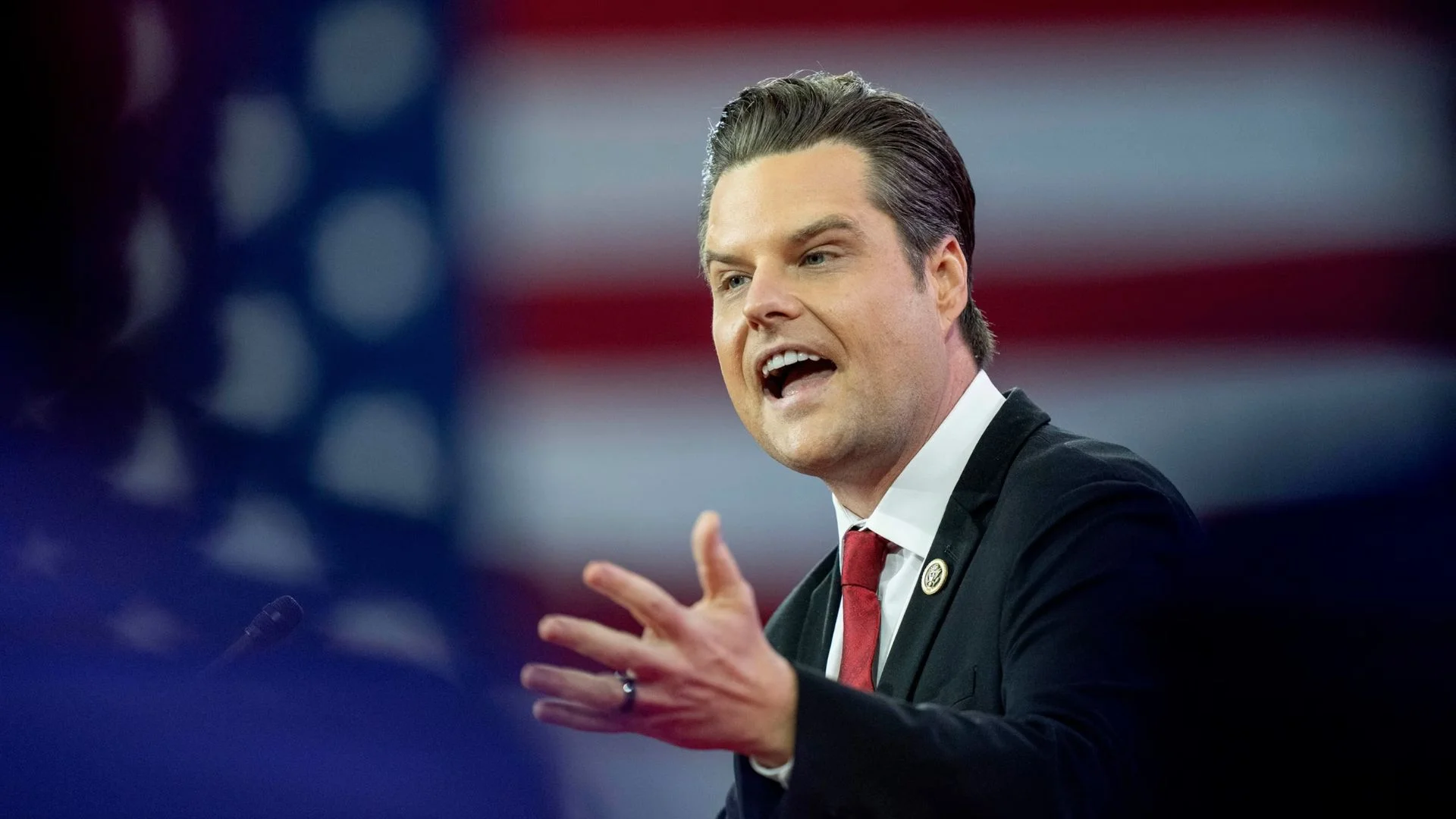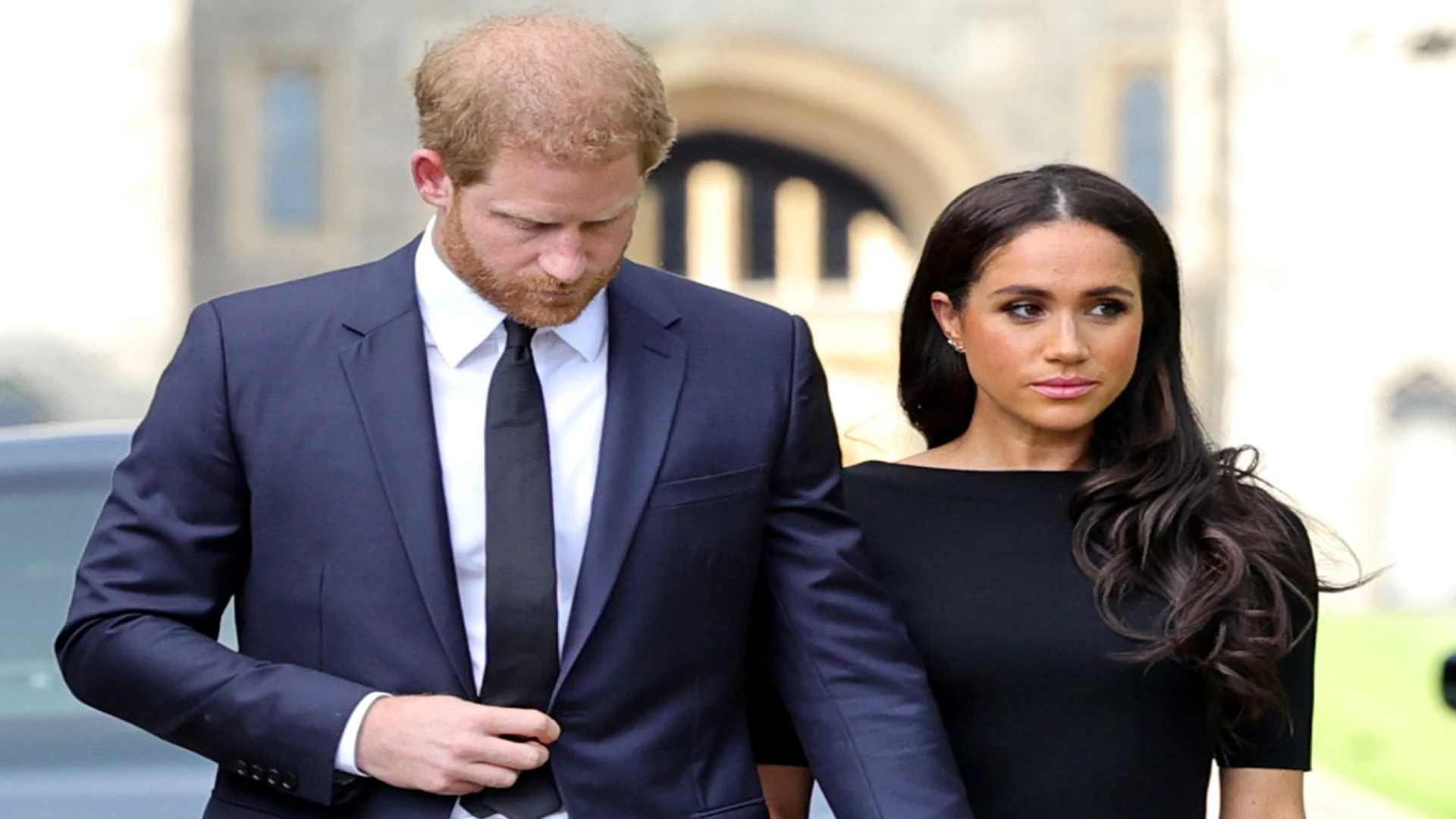
The Other Backward Classes (OBCs), who play a major role in caste-based politics, are a socially and economically disadvantaged group in India and constitute a significant portion of the country’s population. According to the National Sample Survey Office (NSSO) data for 2011- 2012, the OBC population in India is estimated to be around 41% of the total population. Additionally, The Indian Government has a criterion of 27% reservation for OBC in all educational institutions and government jobs. This criterion is based on Mandal Commission Report, which the government commissioned in 1980. But the exact percentage of the population of OBC is not readily available as it’s not been collected by the government. Recently, the Allahabad High Court nullified the UP Government’s notification from 5 December 2022, which reserved four mayor seats in the upcoming Urban Local Body Elections. The court held that the notification did not meet the criteria set by the Supreme Court for determining the political backwardness of OBCs to reserve seats for them in local municipal bodies as per the ‘Triple Test’ conditions laid down in Vikas Kishanrao Gawali case. The ‘Triple Test’ criteria of the 2021 judgement provided that a dedicated Commission should conduct a rigorous inquiry into the nature and implications of the backwardness of local bodies within the state, specify the proportion of reservation required for local bodies in light of the Commission’s recommendations and not exceed an aggregate of 50% of the total seats reserved for SCs/STs/OBCs taken together. The High Court ordered the State poll panel to immediately notify the local body elections, stating that it is essential for democratic governance and cannot wait due to the time-consuming task of collecting materials to satisfy the triple test criteria and the municipalities’ term ending on 31 January 2023. The order created a huge uproar leading the opposition to blame the BJP government in UP for taking an ‘anti-OBC’ stance. As the BJP is supported by large number of OBC voters, the UP government quickly responded to the Allahabad High Court’s order. In response, UP Chief Minister Yogi Adityanath stated that the government will follow the guidelines set by the Supreme Court to implement OBC reservations in urban local body elections. As an immediate measure, the UP government set up a “dedicated OBC Commission” to carry out an inquiry in addition to filing an appeal before the Supreme Court, which is pending hearing by granting time till 31 March 2023 to provide requisite data. The OBC population data is a major concern for the BJP in several states. In 2018, the BJP-governed state of Maharashtra passed the “Socially and Educationally Backward Classes Act, 2018” (‘SEBC Act’) to provide reservations for the Maratha community under the OBC category. The reservation for Marathas was contrary to the 102nd Amendment of the Constitution, which removed the states’ power to add or delete communities in the OBC category. However, the central government supported the SEBC Act despite this inconsistency. The Act was struck down by the Supreme Court on the grounds that it exceeded the 50% reservation threshold and contradicted the 102nd Amendment. The predicament of the central government was evident in their support for the SEBC Act, despite the fact that the 102nd amendment was formalised by themselves, anticipating similar legislation by individual States. To address this challenge and due to political pressure, the 105th Amendment to the Constitution was passed by the Parliament in August 2021, allowing States to establish their own lists of OBCs. It’s important to note that OBC classification is based on social and educational disadvantage, and population figures can change over time, making it difficult to provide exact figures. Determining the population figures for OBCs can be challenging, as the definition of OBCs and criteria used for identifying them vary from state to state and are time-consuming. The first issue arising from the lack of OBC population data occurred when the Maharashtra government decided to proceed with municipal elections in December 2021, reserving seats for OBC candidates using Socio-Economic and Caste Census (SECC) data. The decision of the MVA government was challenged before the Supreme Court, which considered the “triple test” criterion as the centre did not support the SECC data citing “inconsistencies”. The Socio-Economic and Caste Census 2011 was conducted during the 2011 Census of India. The Manmohan Singh government approved the census after discussions in both houses of Parliament in 2010. However, when the data was compiled in 2014, the central government changed, and the incoming central BJP government decided not to make it public. The decision of the central government to deny the state governments the ability to establish their own lists of OBCs by enacting 102nd Amendment on one hand and on the other hand prohibiting the use of SECC data created further confusions. The absence of OBC population data has been a problem in various states, where the reservation of OBC seats in Panchayat and Municipal elections is often disputed and is subject matter of challenge before courts. A challenge to the lack of OBC population data recently led the Madhya Pradesh government to provide statistical data on OBC before Supreme Court for going ahead with local body elections. Similarly, the Gujarat government was, in a way, forced to announce an OBC commission after the State Election Commission called for 10% of OBC seats to be converted to general seats. The 103rd Amendment of 2019 that gave 10% reservation for Economically Weaker Sections (EWS) has intensified the issue, as OBC leaders see it as an opportunity to demand OBC reservation beyond the 50% quota limit, similar to the EWS reservation which was upheld by the Supreme Court. It is unclear whether it is a political strategy or confusion on part of respective BJP governments in State and Center. But is evident that the BJP is taking a risky approach, as evidenced by their contradictory positions on various issues related to OBC population data, be it opposing the enumerating of the OBC population in Bihar while in power with Nitish Kumar, or supporting enactments like the Maharashtra SEBC Act, 2018 before the Supreme Court. If the BJP wants to maintain its winning streak, it will need to keep an ear on the ground where the opposition is trying to attract the OBC voters by appealing to their emotions and portraying the BJP as ‘anti-OBC’. The opposition’s political strategy is evident in a decision of Nitish Kumar’s government in Bihar, which proposed a caste census after separating from the BJP, to be completed by May 2023.
Akhilesh Sheshmani Dubey is an Advocate & Solicitor practising in Mumbai.















